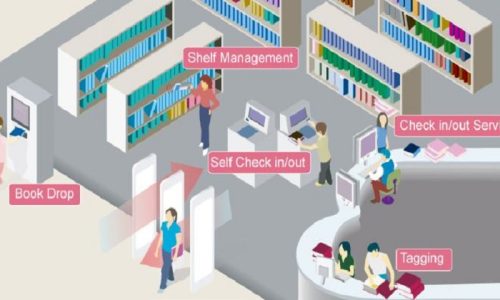
Introduction
The concept of the Internet of Things may have piqued your interest. It’s the terminology used to describe the interconnectivity between tangible objects and virtual systems. Essentially, it is the mode by which devices can engage in dialogue with one another and effortlessly exchange data via wireless communication channels.
This field is rapidly expanding, with a predicted estimate of over 26 billion connected devices worldwide by 2020. Thus, there is an escalating demand for IoT technology experts. If you wish to gain a competitive advantage and enter this exciting field, you should consider enrolling in an IoT Certificate Course.
This article thoroughly examines the details you must know about enrolling in an IoT Certificate Course, including the topics covered in the program and the practical applications of your education post-graduation.
What Is an Iot Certificate Course?
Enrolling in an IoT certificate course will enhance your professional prospects and capitalise on the constantly-expanding Internet of Things (IoT) domain.
An IoT certificate course allows individuals to learn about the technology, tools, and techniques technology firms use worldwide. The aim is to equip professionals with an understanding of IoT and the ability to apply it to their work. The course can be delivered online, in-person, or in hybrid modes that combine both.
The content of an IoT certificate course may differ depending on the provider. However, it usually covers topics such as the basics of data analysis, edge computing, cybersecurity, cloud computing platforms, IoT architectures and ecosystems, device design for IoT applications, and more.
Types of IoT Certifications
Here’s a look at the different types of IoT certifications available:
-
Vendor-Specific Certifications
-
Application-Specific Certifications
-
Industry Certifications
Career Opportunities After an Iot Certification
Obtain an IoT certification to jumpstart your journey into the thrilling realm of IoT! After successfully finishing the course, you’ll possess the abilities and expertise necessary to pursue a career in the booming field of IoT technology.
-
Job Opportunities
-
Personal Benefits
Course Requirements
Most certificate courses require basic electronics, engineering or computer science knowledge. Once enrolled, there are a few things that almost all IoT certificate courses require:
- Lectures and readings related to IoT development concepts
- The hands-on portion involves working with various hardware components, such as sensors and microcontrollers
- A project or paper that involves applying IoT concepts in a real-world setting
- Successful completion of a final exam
Finding the Right IoT Certificate Course for You
Taking an IoT certificate course is an investment in your professional development, but how do you find the right course for you? A few key things to consider when selecting an IoT certificate program are to ensure it’s a good fit and the right program for your career.
-
Accreditation and Reputation
-
Course Syllabus
-
Instructor Expertise
Conclusion
By partaking in a course dedicated to the Internet of Things (IoT) certification, you can unlock promising prospects within the rapidly growing IoT domain. The course will impart you with the knowledge and skills essential to take on pivotal roles in the industry and leave a lasting impact within this dynamic and ever-evolving sphere. From the conceptualisation of systems and comprehending architecture to programming, debugging, and deploying applications, the IoT certificate course will serve as a firm grounding to commence your exploration of the extensive possibilities within this sector.




